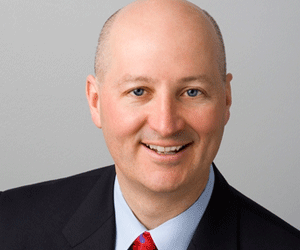 LINCOLN, Neb. (AP) — The University of Nebraska-Lincoln chancellor’s proposed budget cuts include eliminating at least 18 positions, a degree program and a research center for the design and evaluation of educational practices in the nation’s schools.
LINCOLN, Neb. (AP) — The University of Nebraska-Lincoln chancellor’s proposed budget cuts include eliminating at least 18 positions, a degree program and a research center for the design and evaluation of educational practices in the nation’s schools.
Chancellor Ronnie Green’s plan went Wednesday to the Academic Planning Committee, and it will be reviewed at a public hearing scheduled for May 2.
Green said Thursday afternoon that the proposed cuts would have “a significant impact upon the university’s operations and our students, faculty and staff.”
“Even though they are more manageable than what we would have faced, they still represent lost opportunities for the state’s premier land-grant research institution,” he said.
The proposals would amount to $2.9 million less state support in the 2018-19 school year than the state’s largest university campus received for the 2017-18 year — a reduction of about 1 percent.
Republican Gov. Pete Ricketts had sought 4 percent cuts for the 2018-19 school year for the NU and state college systems, but the Legislature decided instead on the 1 percent in reductions. The governor and legislators were galvanized by state revenue streams that fell short of projections.
All but three of the 18 positions in jeopardy are currently vacant, university spokeswoman Leslie Reed said Friday. Those three include two people who plan to retire.
The university employs around 6,500 people, including nearly 1,900 full-time teachers, Reed said, and has been filling only “our most critical positions” since a hiring freeze was imposed in January 2017.


















